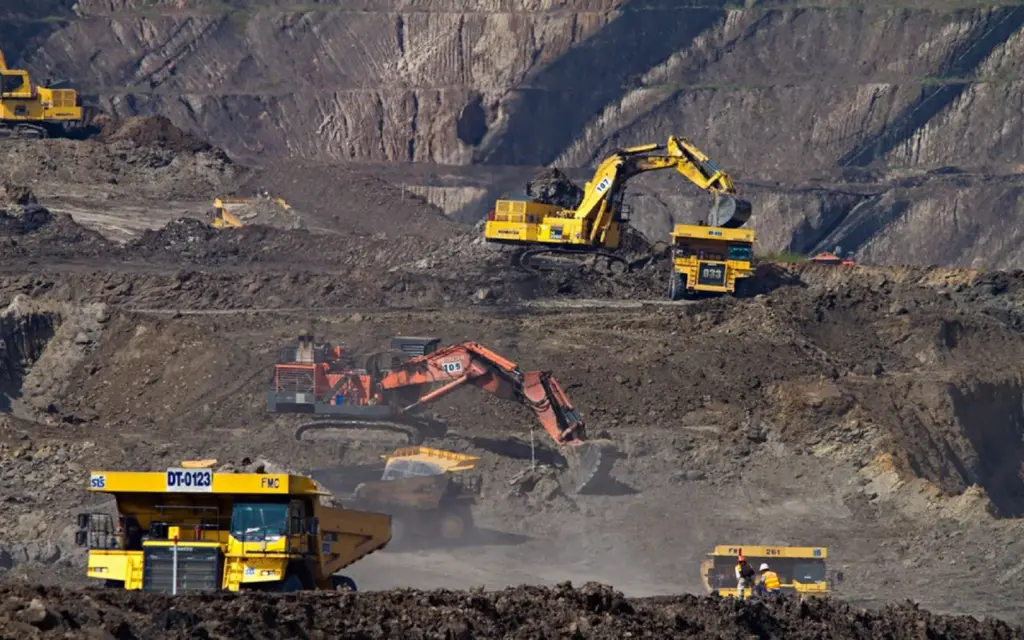The Regional Maritime Development Bank (RMDB) has called on African countries to confront the structural and financial obstacles impeding the growth of the continent’s mining sector.
The bank also recommended that African governments and central banks take a more proactive role in fostering a conducive investment environment by deploying credit enhancement tools and offering fiscal incentives.
President of RMDB, Mr. Adeniran Aderogba, made the call during a high-level panel discussion on “Mobilising Domestic Capital for Africa’s Mining Sector” held at the African Development Bank (AfDB) Annual Meetings in Abidjan, Côte d’Ivoire.
Aderogba painted a sobering picture of a region rich in mineral resources but hampered by systemic weaknesses that stifle development and limit value creation.
He identified four major constraints hindering the sector’s growth: a chronic shortage of early-stage capital, lack of reliable geological data, weak development activities, and poor integrated infrastructure.
“These issues are not just technical bottlenecks,” he said, “they are foundational deficiencies that continue to blunt Africa’s competitiveness and deter long-term investment.”
He added that local financial institutions are often reluctant to fund early-stage exploration projects due to uncertain returns and inadequate risk mitigation mechanisms.
“Africa’s mineral wealth is not in question. Our challenge is transforming potential into productivity,” Aderogba stated.
“We face a systemic shortage of early-stage capital that discourages exploration, limits geological mapping, and stalls project preparation. Without addressing these constraints, the full value of our resources will remain trapped underground.”
While acknowledging the growing interest of financial institutions in downstream activities such as mineral processing and manufacturing, Aderogba lamented the lack of funding in the upstream segment—where mining projects are initiated—due to its high-risk profile.
To bridge the financing gap, he proposed a suite of financial innovations, including the introduction of mining bonds, mineral royalty securitisation, and blended finance models that combine public and private capital to de-risk investments.
He also stressed the need for stronger public-private partnerships and enhanced project preparation capacities across the continent.
“Africa must not rely solely on foreign capital,” Aderogba emphasized. “We need to build a resilient domestic financial architecture that supports the entire mining value chain — from exploration to beneficiation and beyond. Finance ministries must provide fiscal incentives, while central banks support investment-friendly monetary policies and guarantee frameworks.”
His remarks come amid the global acceleration of the energy transition, which has significantly increased demand for critical minerals such as copper, lithium, nickel, cobalt, graphite, and rare earth elements.
He cited projections that the global market value of these minerals will more than double—from $325 billion in 2023 to $770 billion by 2040—with copper leading the surge due to its vital role in electrification technologies.
Aderogba noted that Africa is central to this transition, hosting two-thirds of global cobalt reserves, 30 percent of lithium, 20 percent of graphite, and more than 30 percent of manganese.
He cited Guinea’s vast bauxite deposits, Gabon’s dominance in manganese production, and the Democratic Republic of Congo’s 70 percent share of global cobalt supply as key pillars of this opportunity.
However, he warned that unless African countries transition from being mere exporters of raw materials to becoming hubs of industrial transformation, they risk repeating a history of resource dependency.
“Extracting minerals is not enough,” he said. “The real value lies in processing them locally — creating industries, jobs, and self-sustaining economies.”















